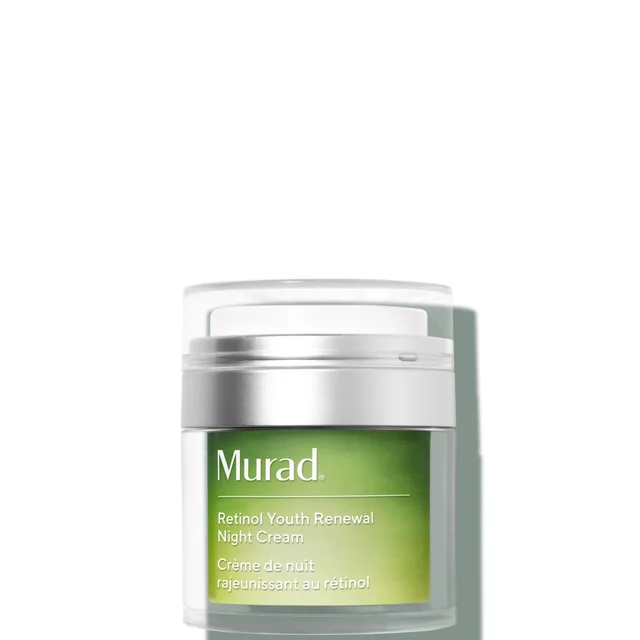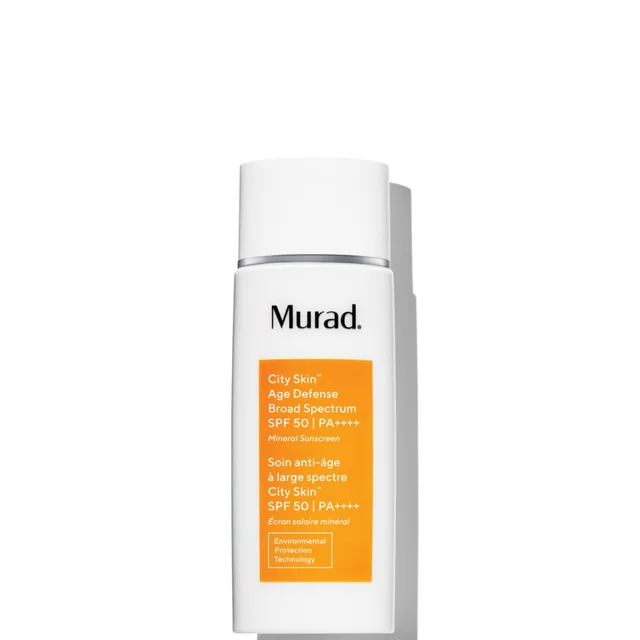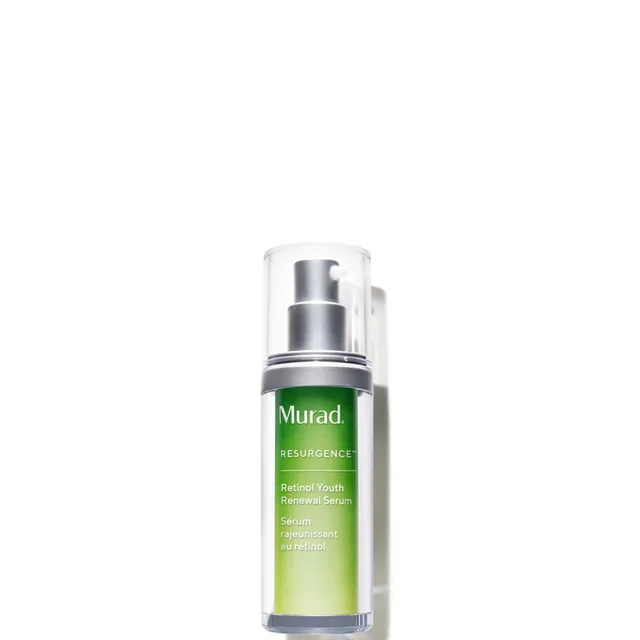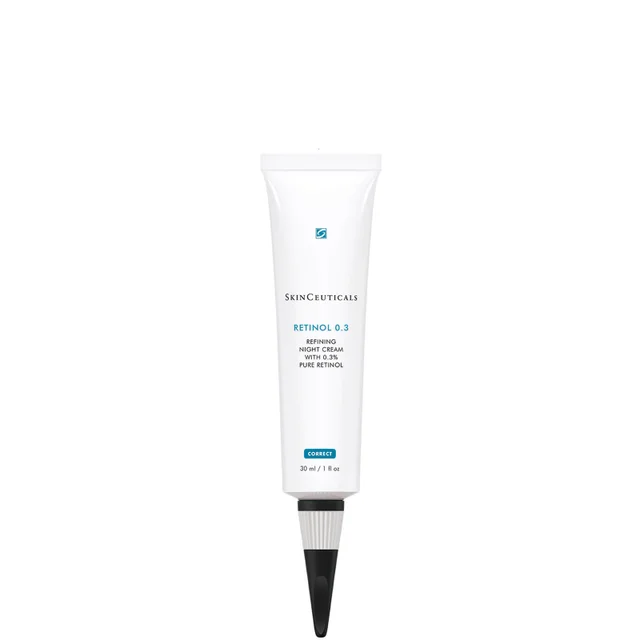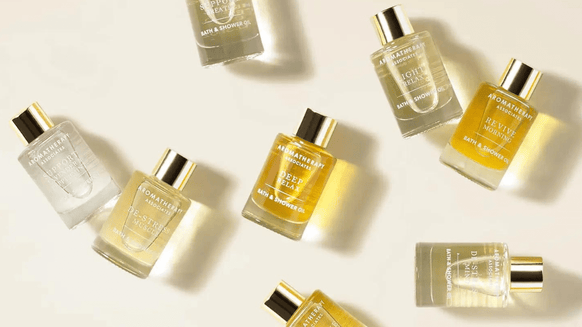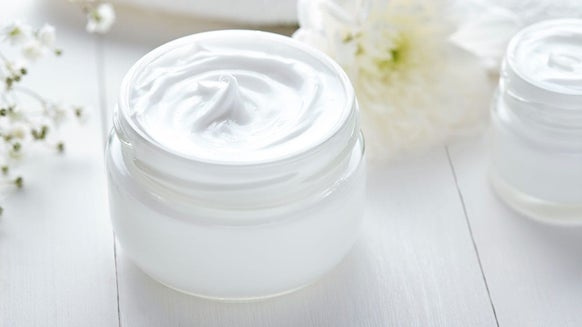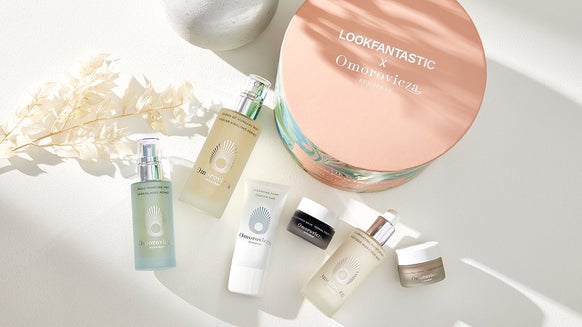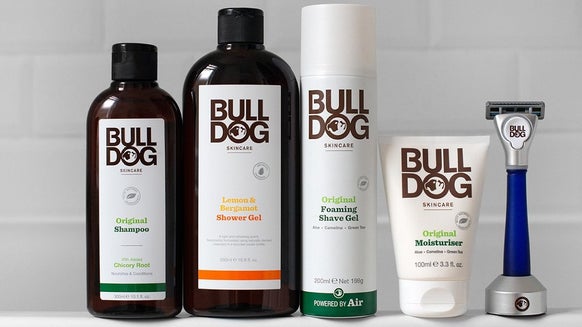A beginners guide to retinol
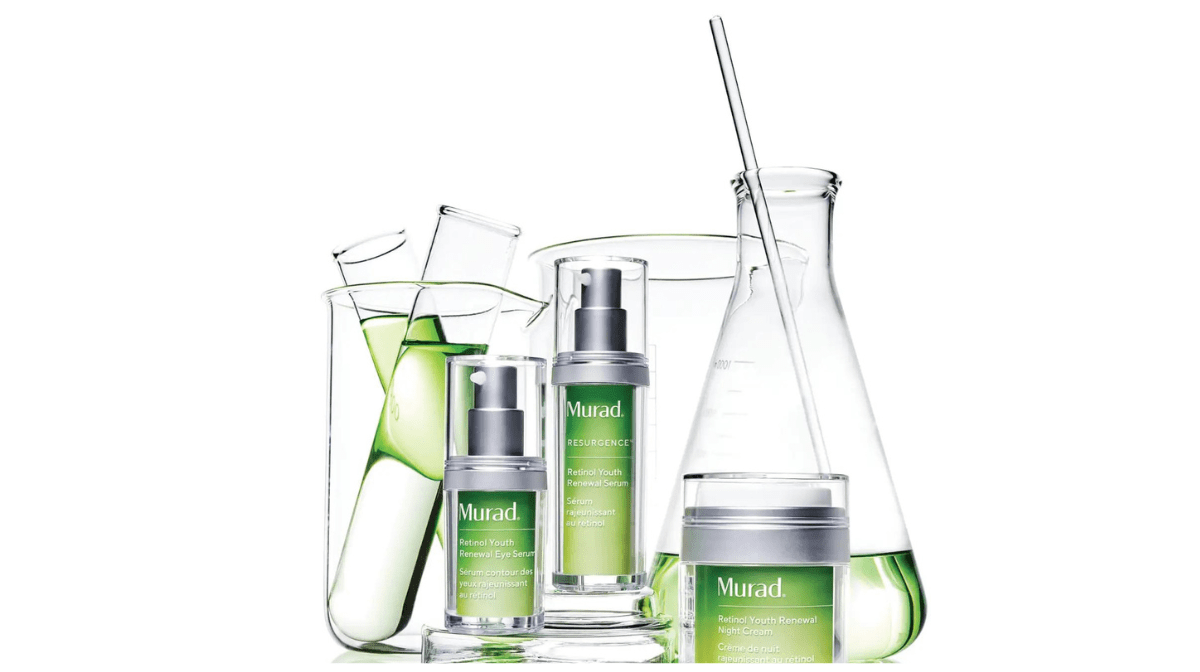
Retinol – it’s the savvy skincare ingredient that splits opinions right down the centre. Many sing its praises, upholding it as the best anti-ager since vitamin C. But others? Others are nervous to even try it on their skin, afraid of its potency and intense plumping action.
If you fall into the latter group, it’s time to put your retinol fears to bed once and for all! We picked up with the experts on everything beginners should know about using retinol for the first time, plus the best products to kickstart your youthful-looking journey.
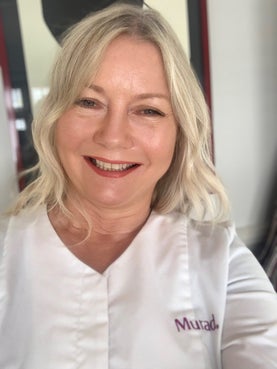
What is retinol?
A must-know ingredient to have on your radar, retinol is actually known to the experts by a different name. Tracey Wilmot, Murad International Education Director EMEA, explains: “Retinoids, such as retinol, is the all-encompassing name for vitamin A and all its derivatives, an essential nutrient needed for skin health.”
“When it comes to vitamin A, the skin can only use it in one form: Retinoic Acid. Retinoic acid is the pure form of vitamin A and a highly potent ingredient. Topical skincare products that contain pure retinoic acid, like tretinoin (tre·ti·no·in) or Retin-A, are only available on prescription. This is because they can cause irritation if not used correctly.”
Tracey explains. “The further away from retinoic acid a retinoid is, the less potent it becomes. This is often why dermatologists suggest that patients begin with the gentler forms of retinoids and work their way up in intensity if necessary.”
What are the main benefits of retinol?
“Dr Murad has always described retinol as the gold standard for anti-ageing as it works in several ways to improve skin health,” says Tracey. “It stimulates cell turnover (essential for smoother skin), it increases collagen and elastin (key components to firmer more resilient skin), and it regulates cell turnover for a brighter complexion.”
“The skin can benefit in multiple ways by reducing the appearance of lines and wrinkles, restoring firmness and elasticity, brightening and evening skin tone, keeping pores clear and promoting healthier skin.”
“Retinoic acid is also often prescribed by doctors for acne and has a long track record for success in prescription strength formulations. Because retinoids regulate oil production and increase cell turnover, they can also help to unclog blocked pores. Retinoids also help with concerns related to dullness and hyperpigmentation so almost anyone can benefit from adding retinoids in their skincare regimen.”
What percentage should beginners to retinol use?
“Unless you are opting for prescription strength ingredients, for retail products it’s better to start gently with a night cream, such as Retinol Youth Renewal Night Cream, which works on skin barrier repair while gently delivering a time release retinol, niacinamide and di-peptides,” explains Tracey. “Or choose formulas with gentler versions of retinoids, such as retinyl palmitate, as a starting point.”
When it comes to retinol’s efficacy, Murad formulas work round the clock to promote results:
“Murad Retinol Tri-Active Technology contains a fast-acting retinoid, a time release retinol and a retinol booster that amplifies the skins receptivity to retinol, for a gentle yet potent delivery without irritation which is why it is he number one retinol brand in the US.”
Is retinol good for all skin types?
Although this star ingredient has worked wonders on many complexions, skincare is never one-size-fits-all.
“Most skin types can use some form of vitamin A. However, for very sensitive, reactive skins or rosacea-prone skins, always do a patch test first. Some retinol formulas (such as Murad) have been tested safe on sensitive skins, so using gentler forms and starting slowly is key.”
Tracey also advises to listen to your skin, especially if you’ve already spoken to a medical professional about your concerns. “If you’re already being prescribed for skin conditions such as eczema psoriasis or rosacea, always check with your doctor before embarking on any new skincare regimen.”
“One other thing to note is that during pregnancy dermatologists generally agree that retinol is best avoided, so always check with your doctor if you have any questions related to vitamin A in skincare during your pregnancy.”
Are there any skincare ingredients we should avoid using with retinol?
“Since you are always best to use retinol at night-time, it is vital to protect the skin with a sunscreen the next day,” advises Tracey. “That’s because as an ingredient that helps cell turnover and brightens skin, you really want to protect those newly exposed fresh skin cells, because retinol can make your skin more sun sensitive – so using a good broad-spectrum protection is essential. I recommend Murad City Skin SPF50 as the ideal finishing step after hydration.”
What are your top 5 safety tips for beginners when using retinol?
Tracey’s Top Tips:
- “Don’t feel you must use Retinol every night. Start slowly with the right potency for your skin concerns and adjust accordingly as your skin begins to get used to retinol.”
- “Don’t use too many actives at the same time when introducing retinoids into your skincare regimen and avoid exfoliating products on the same day as you are using your retinol.”
“If you find serums are too active for your skin type, start with a gentler version such as the Murad Retinol Night Cream. This has niacinamide and di-peptides to strengthen skin barrier, plus hydrating ingredients and a gentler delivery of Retinol tri-Active Technology.” - “We lose 3x more water from the skin at night so always follow with a moisturiser at night to ensure the barrier is well protected and hydrated.”
- “Never forget to use your SPF in the daytime even on cloudy days – we may not always feel the sun but it is still present!”
What are the best retinols for beginners?

